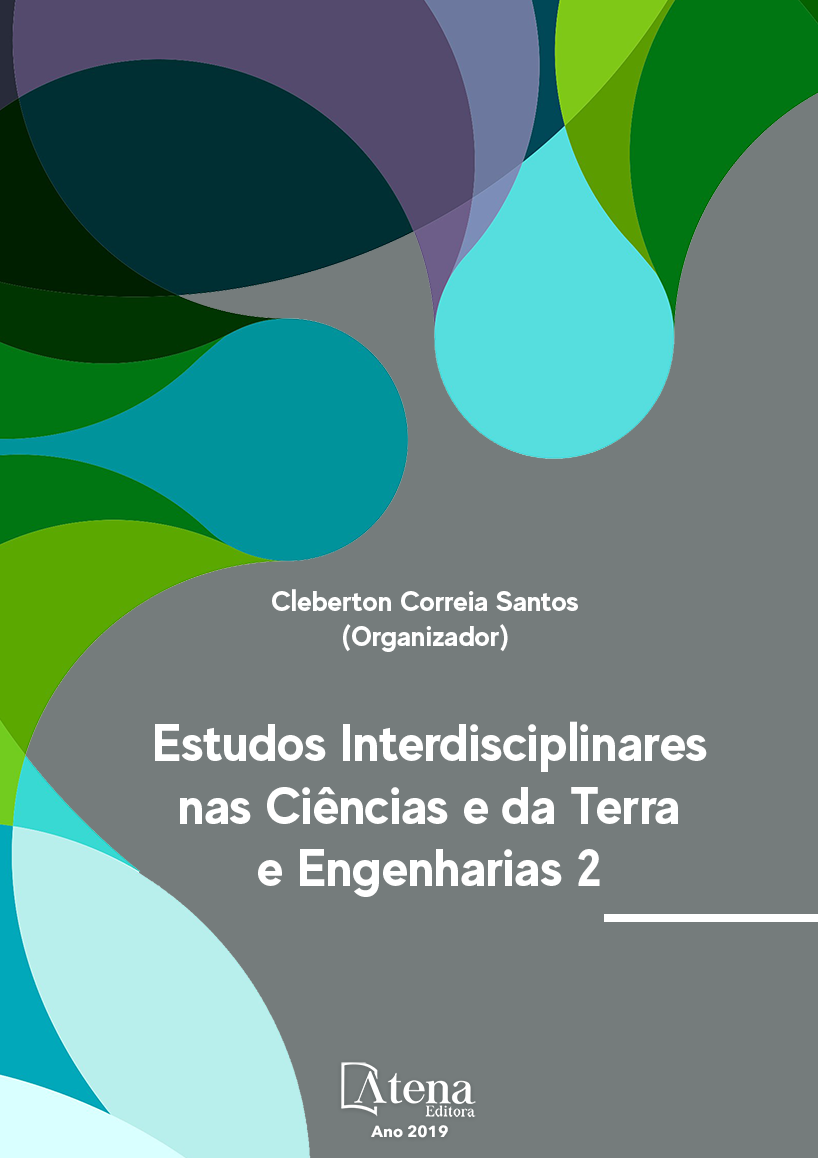
APROVEITAMENTO DE RESÍDUOS DA CERVEJA PARA A ADSORÇÃO DO CORANTE ÍNDIGO CARMIM EM EFLUENTE AQUOSO
O corante índigo carmim é um
corante sintético de cor azul amplamente
utilizado nas indústrias farmacêutica, têxtil
e alimentícia. Tem como característica uma
estrutura química estável, o que lhe confere
uma persistência no meio aquoso, sendo difícil
sua remoção pelos métodos tradicionais de
tratamento de efluentes. O resíduo da cerveja
é um resíduo industrial abundante no Brasil e
no presente trabalho, aborda-se a utilização
deste material como biossorvente alternativo de
baixo custo para a remoção do índigo carmim
em solução aquosa. A biomassa proveniente
da fabricação da cerveja foi utilizada in natura,
na forma de biocarvão e como biocarvão
submetido a tratamento químico com HCl.
Estes três biossorventes foram testados na
remoção do corante em solução. Para os testes
de adsorção, realizou-se um planejamento
fatorial, em que as variáveis avaliadas foram o
tempo e o pH do meio. Todos os biossorventes
foram efetivos na remoção do índigo carmim em
solução. Entretanto, o biocarvão tratado com
HCl mostrou-se mais eficiente no processo de
adsorção. Verificou-se que em menores valores
de pH, maiores porcentagens de adsorção
ocorreram, o que já era previsto, uma vez que o
índigo carmim é um corante aniônico.
APROVEITAMENTO DE RESÍDUOS DA CERVEJA PARA A ADSORÇÃO DO CORANTE ÍNDIGO CARMIM EM EFLUENTE AQUOSO
-
DOI: 10.22533/at.ed.648191030910
-
Palavras-chave: corante índigo carmim; resíduo de cerveja; adsorção.
-
Keywords: indigo carmine dye; beer residue; adsorption.
-
Abstract:
The indigo carmine dye is
a blue color synthetic dye widely used in
pharmaceutical, textile and food industries. Its characteristic is a stable chemical
structure, which gives it a persistence in the aqueous medium, making it difficult to
be removed by traditional methods of effluent treatment. The residue of beer is an
abundant industrial residue in Brazil and in this present work, the use of this material
as a low cost alternative biosorbent to remove indigo carmine in the aqueous medium.
The biomass from the brewing was used in natura, in the form of biochar and as
biochar under chemical treatment with HCl. These three biosorbents were tested on
the removal of the dye in the solution. To the adsorption test, a factorial planning was
made, in which the evaluated variables were the time and pH of the medium. All the
biosorbents were effective on removing indigo carmine out of the medium. However,
the biochar treated with HCl proved to be more efficient in the adsorption process. It
was found that at lower pH values, highest percentages of adsorption occurred, which
was already predicted, since indigo carmine is an anionic dye.
-
Número de páginas: 15
- Taynara Mara Vieira
- Rodinei Augusti
- Kelly Beatriz Vieira Torres Dozinel
- Ana Cláudia Bernardes Silva
- Cristiane Medina Finzi Quintão
- Ana Paula Fonseca Maia de Urzedo


